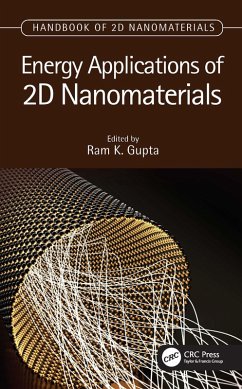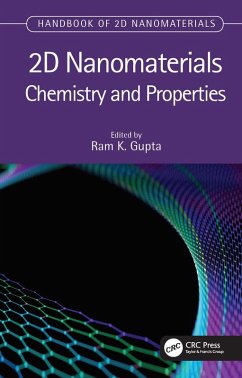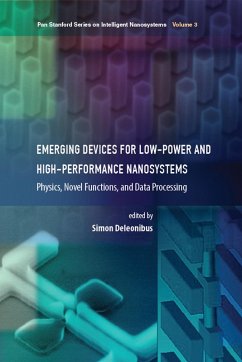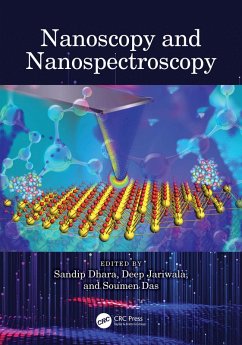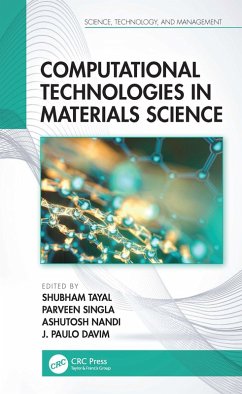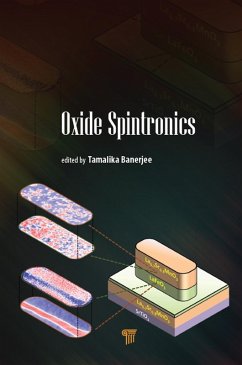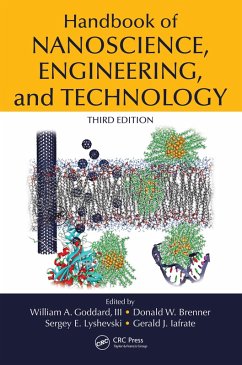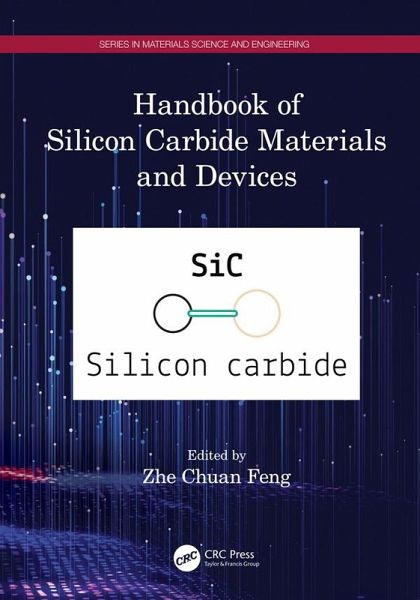
Handbook of Silicon Carbide Materials and Devices (eBook, ePUB)
Versandkostenfrei!
Sofort per Download lieferbar
45,95 €
inkl. MwSt.
Weitere Ausgaben:

PAYBACK Punkte
23 °P sammeln!
This handbook presents the key properties of silicon carbide (SiC), the power semiconductor for the 21st century. It describes related technologies, reports the rapid developments and achievements in recent years, and discusses the remaining challenging issues in the field.The book consists of 15 chapters, beginning with a chapter by Professor W. J. Choyke, the leading authority in the field, and is divided into four sections. The topics include presolar SiC history, vapor-liquid-solid growth, spectroscopic investigations of 3C-SiC/Si, developments and challenges in the 21st century; CVD princ...
This handbook presents the key properties of silicon carbide (SiC), the power semiconductor for the 21st century. It describes related technologies, reports the rapid developments and achievements in recent years, and discusses the remaining challenging issues in the field.
The book consists of 15 chapters, beginning with a chapter by Professor W. J. Choyke, the leading authority in the field, and is divided into four sections. The topics include presolar SiC history, vapor-liquid-solid growth, spectroscopic investigations of 3C-SiC/Si, developments and challenges in the 21st century; CVD principles and techniques, homoepitaxy of 4H-SiC, cubic SiC grown on 4H-SiC, SiC thermal oxidation processes and MOS interface, Raman scattering, NIR luminescent studies, Mueller matrix ellipsometry, Raman microscopy and imaging, 4H-SiC UV photodiodes, radiation detectors, and short wavelength and synchrotron X-ray diffraction.
This comprehensive work provides a strong contribution to the engineering, materials, and basic science knowledge of the 21st century, and will be of interest to material growers, designers, engineers, scientists, postgraduate students, and entrepreneurs.
The book consists of 15 chapters, beginning with a chapter by Professor W. J. Choyke, the leading authority in the field, and is divided into four sections. The topics include presolar SiC history, vapor-liquid-solid growth, spectroscopic investigations of 3C-SiC/Si, developments and challenges in the 21st century; CVD principles and techniques, homoepitaxy of 4H-SiC, cubic SiC grown on 4H-SiC, SiC thermal oxidation processes and MOS interface, Raman scattering, NIR luminescent studies, Mueller matrix ellipsometry, Raman microscopy and imaging, 4H-SiC UV photodiodes, radiation detectors, and short wavelength and synchrotron X-ray diffraction.
This comprehensive work provides a strong contribution to the engineering, materials, and basic science knowledge of the 21st century, and will be of interest to material growers, designers, engineers, scientists, postgraduate students, and entrepreneurs.
Dieser Download kann aus rechtlichen Gründen nur mit Rechnungsadresse in A, B, BG, CY, CZ, D, DK, EW, E, FIN, F, GR, HR, H, IRL, I, LT, L, LR, M, NL, PL, P, R, S, SLO, SK ausgeliefert werden.




